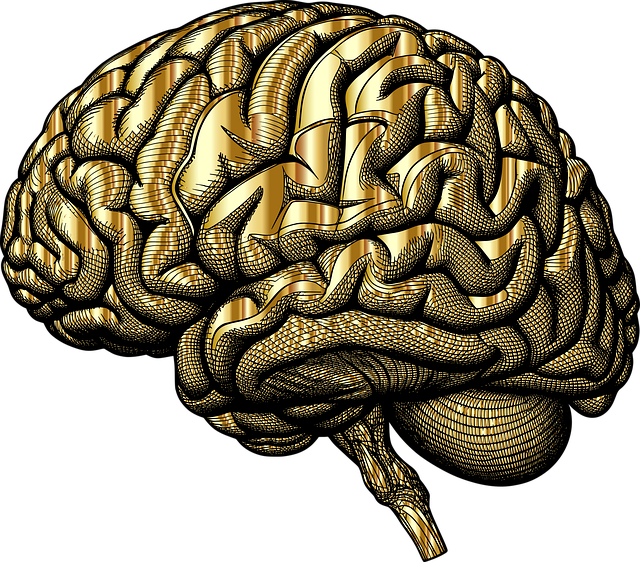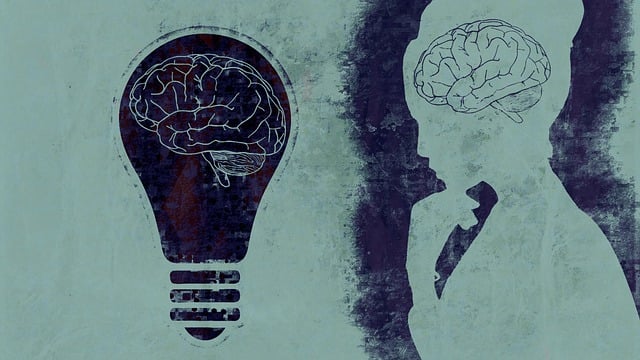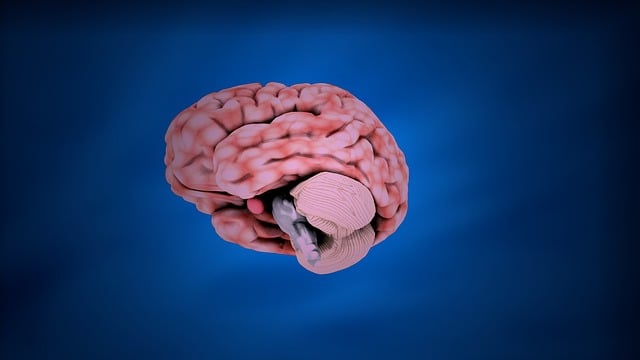Crisis Intervention Teams (CITs) in Northglenn, integrating cultural competency and evidence-based practices like mood management and advocacy, provide crucial mental health support for neuro disorders. Trained to handle severe crises, CITs de-escalate situations, reduce physical restraints, and connect individuals with appropriate care at Northglenn Neuro Disorders Therapy, fostering safer communities and enhancing well-being through proactive crisis intervention and long-term recovery services.
In today’s fast-paced world, effective crisis intervention is paramount in mental health support. Organizations like Northglenn Neuro Disorders Therapy play a vital role, specializing in training programs that equip professionals to handle critical situations. This article explores the essence of Crisis Intervention Teams (CITS), delves into the specialized training offered by Northglenn Neuro Disorders Therapy, and highlights key components for successful program implementation. Discover strategies for sustaining crisis response skills and ensuring ongoing success in mental health care.
- Understanding Crisis Intervention Teams: A Vital Resource in Mental Health Support
- Northglenn Neuro Disorders Therapy: Specializing in Training for Critical Situations
- Key Components of Effective Crisis Intervention Team Training Programs
- Implementing and Sustaining Crisis Response Skills: Strategies for Ongoing Success
Understanding Crisis Intervention Teams: A Vital Resource in Mental Health Support

Crisis Intervention Teams (CITs) are a vital resource in mental health support, particularly in communities like Northglenn where neuro disorders therapy is essential. These specialized teams, often composed of law enforcement officers, paramedics, and mental health professionals, are trained to handle emergency situations involving individuals experiencing severe emotional crises or psychotic breaks. By integrating healthcare provider cultural competency training into their protocols, CITs ensure that they can effectively support a diverse range of patients, addressing not just the immediate crisis but also underlying issues like anxiety relief and mental wellness.
This proactive approach not only de-escalates potentially dangerous situations but also connects individuals in need with appropriate long-term care. The presence of CITs has been shown to reduce the use of physical restraints and force during crises, promoting a more humane and effective response. By prioritizing mental health support, these teams play a crucial role in fostering safer communities and enhancing the overall well-being of residents, including those in Northglenn who may be struggling with neuro disorders.
Northglenn Neuro Disorders Therapy: Specializing in Training for Critical Situations

Northglenn Neuro Disorders Therapy stands out as a leading provider of specialized training programs focused on crisis intervention. Their expertise lies in preparing individuals and teams to handle critical situations effectively, ensuring swift and compassionate responses. The therapy center offers tailored courses that address various neurodisorders, enabling participants to develop crucial skills for managing intense emotions and providing Anxiety Relief in emergency settings.
Through innovative teaching methods, Northglenn Neuro Disorders Therapy imparts comprehensive Crisis Intervention Guidance, emphasizing Emotional Intelligence as a cornerstone of effective crisis management. These programs are meticulously designed to equip practitioners with the knowledge and tools needed to navigate complex emotional landscapes, fostering safer and more supportive environments during times of crisis.
Key Components of Effective Crisis Intervention Team Training Programs

Effective crisis intervention team (CIT) training programs are multifaceted and tailored to prepare individuals to respond to severe mental health crises. A key component involves mental health policy analysis and advocacy, ensuring participants understand the legal frameworks and community resources available for effective crisis management. By familiarizing themselves with policies, CIT members can navigate complex scenarios, advocate for the individual’s rights, and ensure access to appropriate care.
Additionally, these programs emphasize mood management techniques, empowering team members to recognize and de-escalate intense emotional states. Training should incorporate evidence-based practices for mental wellness promotion, such as crisis intervention strategies, communication skills, and trauma-informed care principles. The ultimate goal is to foster a competent and compassionate CIT capable of providing immediate support while connecting individuals with ongoing mental health services at Northglenn Neuro Disorders Therapy or similar facilities, promoting long-term recovery.
Implementing and Sustaining Crisis Response Skills: Strategies for Ongoing Success

Implementing and sustaining crisis response skills is a continuous journey, especially in the fast-paced healthcare sector. Northglenn Neuro Disorders Therapy understands this challenge and offers specialized training programs designed to equip professionals with not just short-term solutions but lasting strategies for crisis intervention. Their approach focuses on practical, confidence-boosting techniques that extend beyond one-time workshops.
Through ongoing support and a commitment to mental wellness, these programs empower healthcare providers to combat burnout prevention strategies. The result is a resilient workforce better equipped to handle high-stress situations while maintaining their own mental wellness. This holistic training ensures professionals can consistently deliver effective crisis response, benefiting both patients and themselves in the long term.
Crisis intervention team (CIT) training programs are essential components in fostering effective mental health support systems. As highlighted by Northglenn Neuro Disorders Therapy, specializing in CIT training equips professionals with crucial skills to handle critical situations. By integrating key components such as situational awareness and de-escalation techniques, these programs empower teams to provide timely and compassionate care. For ongoing success, implementing and sustaining crisis response skills through regular practice and support is vital, ensuring communities are better equipped to navigate mental health crises.














